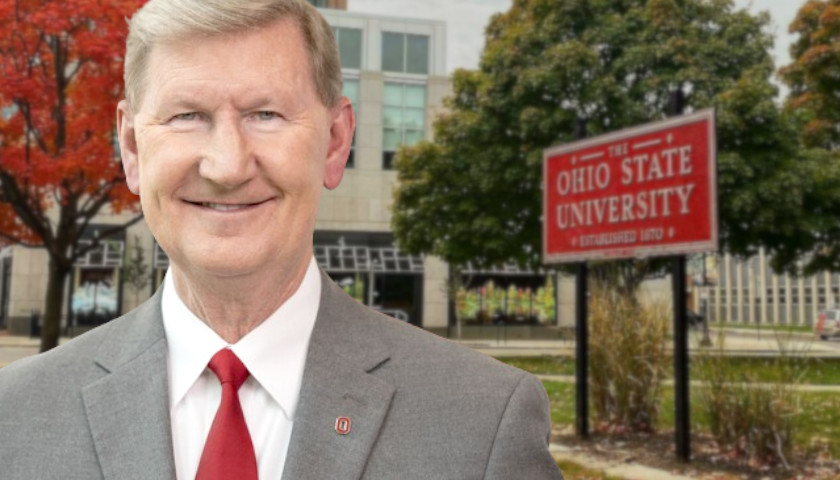by Todd DeFeo
Emergency personnel in Ohio who suffer work-related post-traumatic stress disorder (PTSD) could soon be eligible to file a workers’ compensation claim even if they do not experience an accompanying physical injury.
Current law prohibits workers’ compensation claims for psychological conditions without an underlying physical condition. However, state lawmakers are considering the change as part of House Bill 80, which creates the Bureau of Workers’ Compensation (BWC) budget.
The state is looking to fund the BWC to the tune of $319.8 million for Fiscal Year 2020 and $324.8 million Fiscal Year 2021. That represents a significant increase from the estimated $304 million BWC will receive in the 2019 fiscal year and the nearly $264 million it saw in 2018.
The County Commissioners Association of Ohio and the Ohio Chamber of Commerce expressed concern about the PTSD provision.
“Ohio has always required that an employee have a physical harm or injury in order to participate in workers’ compensation,” Kevin Shimp, director of labor and legal affairs for the Ohio Chamber of Commerce, told members of the House Finance Committee. “The so-called ‘mental-mental’ claim – a psychological condition that arises solely from the stress – has never been compensated in Ohio. This exclusion was originally a part of a judge-made, common law.”
In 1986 the General Assembly made the “mental-mental” exclusion a part of state law. In 2006, in response to an Ohio Supreme Court decision, lawmakers re-emphasized that for a mental or psychological condition to be compensated, it must arise out of a physical injury to the injured worker, Shimp said.
“These previous legislative changes reinforce that the design of Ohio’s workers’ compensation system is to compensate physical workplace injuries and only those mental conditions that arise directly from those … physical injuries,” Shimp said.
John Van Doorn, government affairs director for the Ohio Association for Justice, urged lawmakers to extend the PTSD provision to all workers. “But, we recognize the political viability of this provision probably depends upon this limitation to first responders,” he told committee members.
Meanwhile, lawmakers should not proceed on a bill “without consideration of any measure that would exclude any person working in Ohio from workers compensation coverage,” Michael Shields, a researcher at Policy Matters Ohio, urged members of the House Finance Committee in written testimony.
“Barring any workers from workers compensation protection would put both them, and their coworkers, at greater risk of getting hurt at work,” Shields said. “Excluding undocumented workers would create a perverse incentive for firms to hire undocumented workers over citizens, and cut corners on safety, knowing that their workers compensation premiums would be unaffected by worker injuries.
“Such a system would put businesses that follow the law at a competitive disadvantage against those who do not,” Shields added. “It would leave taxpayers and hospital emergency services to cover the cost of injuries to excluded workers.”
The bill also prohibits private employers from requiring workers to pay for their medical exams to return to full employment.
– – –
Todd DeFeo is a contributor at The Center Square.






[…] The County Commissioners Association of Ohio and the Ohio Chamber of Commerce also opposed the provision. […]
[…] The County Commissioners Association of Ohio and the Ohio Chamber of Commerce also opposed the provision. […]